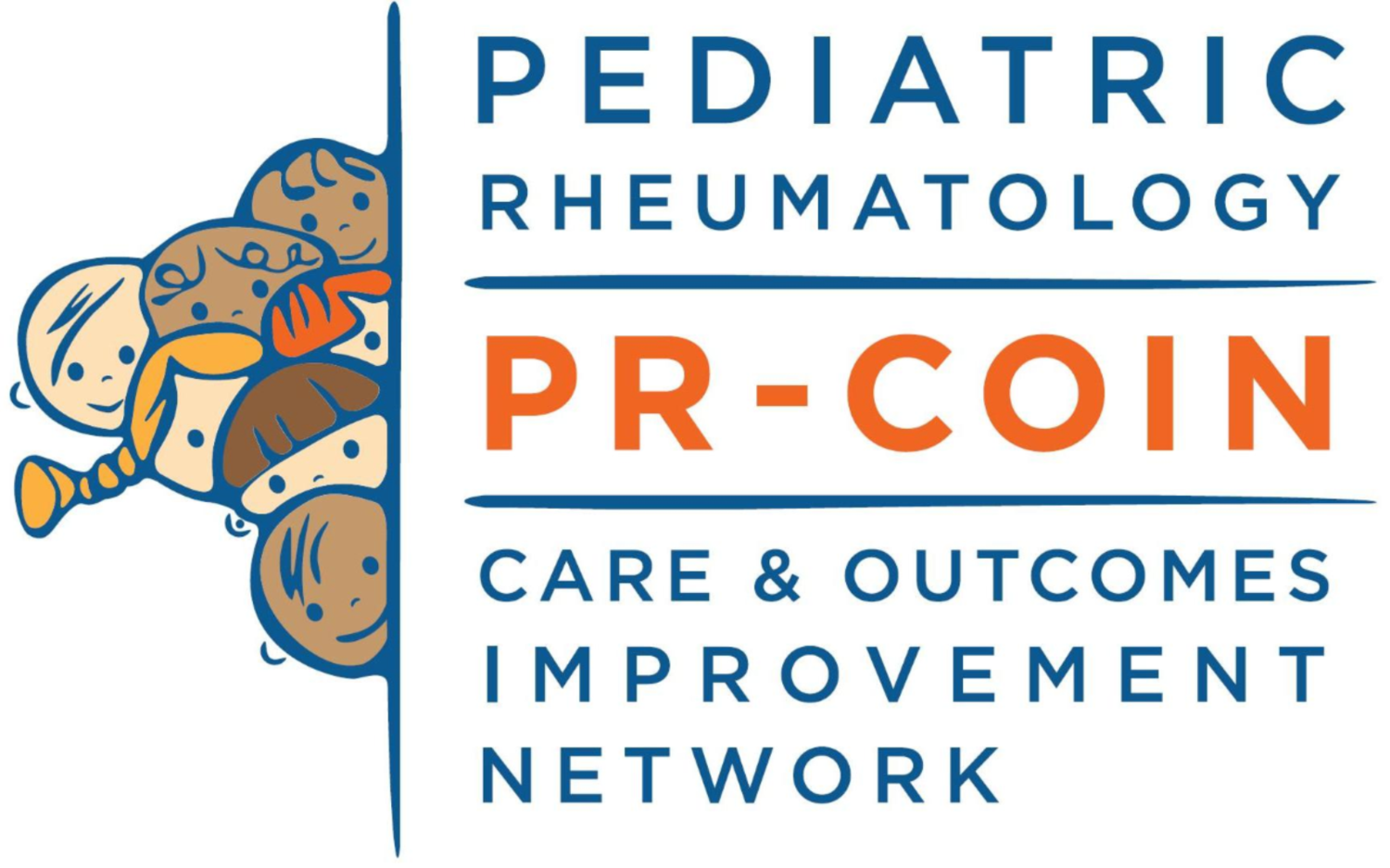Meet Hana
This story is transcribed from mom Tana’s Ignite Talk at the Spring Learning Session on May 16, 2025
I am the mom of three. I have two sons and a daughter. My daughter Hana Has Juvenile Psoriatic Arthritis. This summer will be 10 years since her diagnosis. I want you to think back to what you were doing 10 years ago and where you were. We were in the middle of waiting on an appointment with our rheumatologist. We had seen our pediatrician and were in limbo. Those moments can make you feel a little crazy, you start to wonder “am I making this up in my head?” Leading up to that diagnosis, my daughter Hana had always been, compared to our other two, a pretty sick kid. She would have random fevers and rashes, and if they said “it likely can’t/won’t happen” it did to her. At 7, she started complaining of a lot of leg and hip pain, a lot of favoring when she would sit down. At that time, she was playing softball, and she would limp around the bases after batting. She was really struggling with walking and daily activities.
At some point my 7-year-old went from what I would consider an active, normal child to being like a toddler having to be carried. So that was scary and it was hard not knowing what to expect. After being seen by our pediatrician, he felt it warranted for us to see a pediatric rheumatologist. So that referral was made to Children’s of Alabama. Where we met Dr. Melissa Mannion and we left that appointment feeling hopeful and a little scared. We had a diagnosis and a treatment plan. I now look back on that day and I am really thankful because I know a lot of people don’t get a diagnosis at the initial visit. For us, we were thankful. So we started taking methotrexate and Enbrel. She was on that for a couple years, and then Hana had an allergic reaction to the Enbrel. In her almost 10 years she has been on a list of different medications, due to allergic reactions and failing medications. When she was in the 6th grade she went into neutropenia, that caused a lot of muscle fatigue and weakness, we had to do physical therapy to help her regain her strength. At that point, it was a scary time. I felt like we were just in a steady decline. Those days were long and hard, she had been so close to medicated remission and then it was a hard place to be. So now she is a 17-year-old, about to start her senior year and she’s doing fantastic.
In the last year or so, she has had a lot of dysautonomia symptoms, so we are dealing with other things than just arthritis now. She went to arthritis camp two summers ago and experienced some passing out, which she had never done before. I look back on some of those hard days and am humbled, she has come so far that some days I “forget” she has arthritis because she is doing so well.
While we were in the thick of it, I was presented an opportunity to be a parent representative for the PR-COIN parent working group. I had no idea what PR-COIN was, I had never heard of it. I knew nothing going in. After speaking to Kerry and was given a wealth of information, I knew it was something I wanted to be apart of. Her care was top priority and there were days she couldn’t put into words or speak for her self. I knew I wanted and needed to be a voice for her and others like her. And so I’ve been a part of PR-COIN for, it feels like just yesterday, but it’s been 8 or 9 years. I’m grateful to be a part of this group.
My daughter is getting ready to transition into adult care in the next couple of years, that is now the scary part we are thinking about. I heard other parents talking about getting ready for senior year and for me my fears are a little different. We have to think about new doctors and change in care. When Hana was little, she would say “I just want to be normal like my friends” I would have to remind her that her “normal” looks different than others. She just has a disease that other kids don’t have. So, I’ve had to remind myself that even through this transition, it will be ok. The same way I’ve had to remind her through out this journey.
I want to challenge you, that that is all these kids want is to be normal, whether it’s from the first diagnosis to getting ready to transition to the adult world, they just want to be normal and heard. They are more than their diagnosis that was given, I know a lot of time in the middle of data and numbers, we forget those faces, and can forget that they are just normal people that just happen to have a disease.

